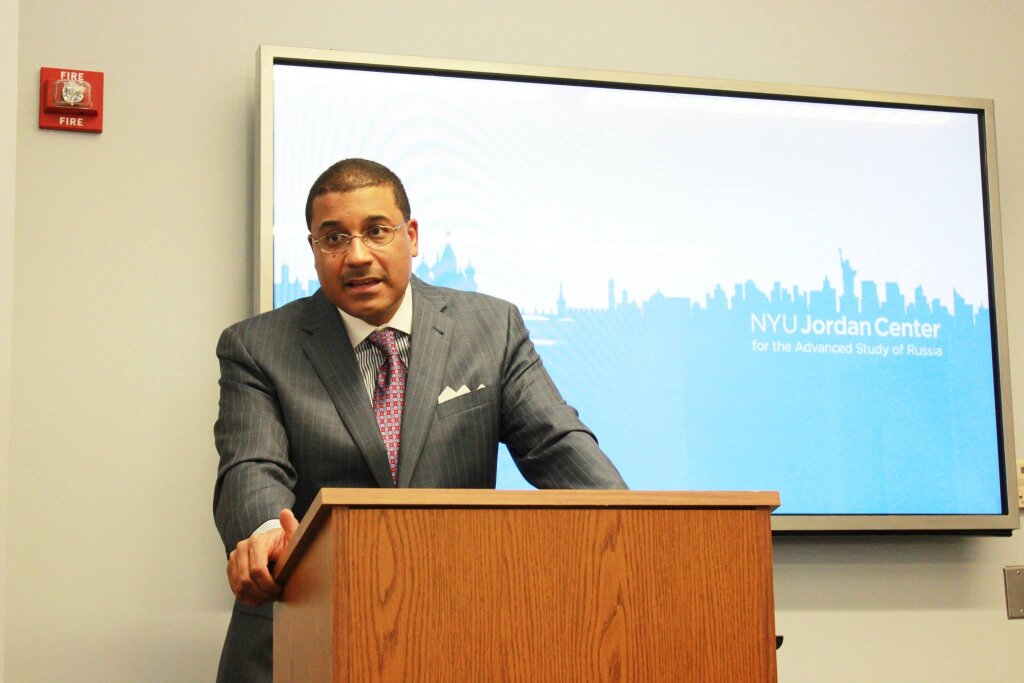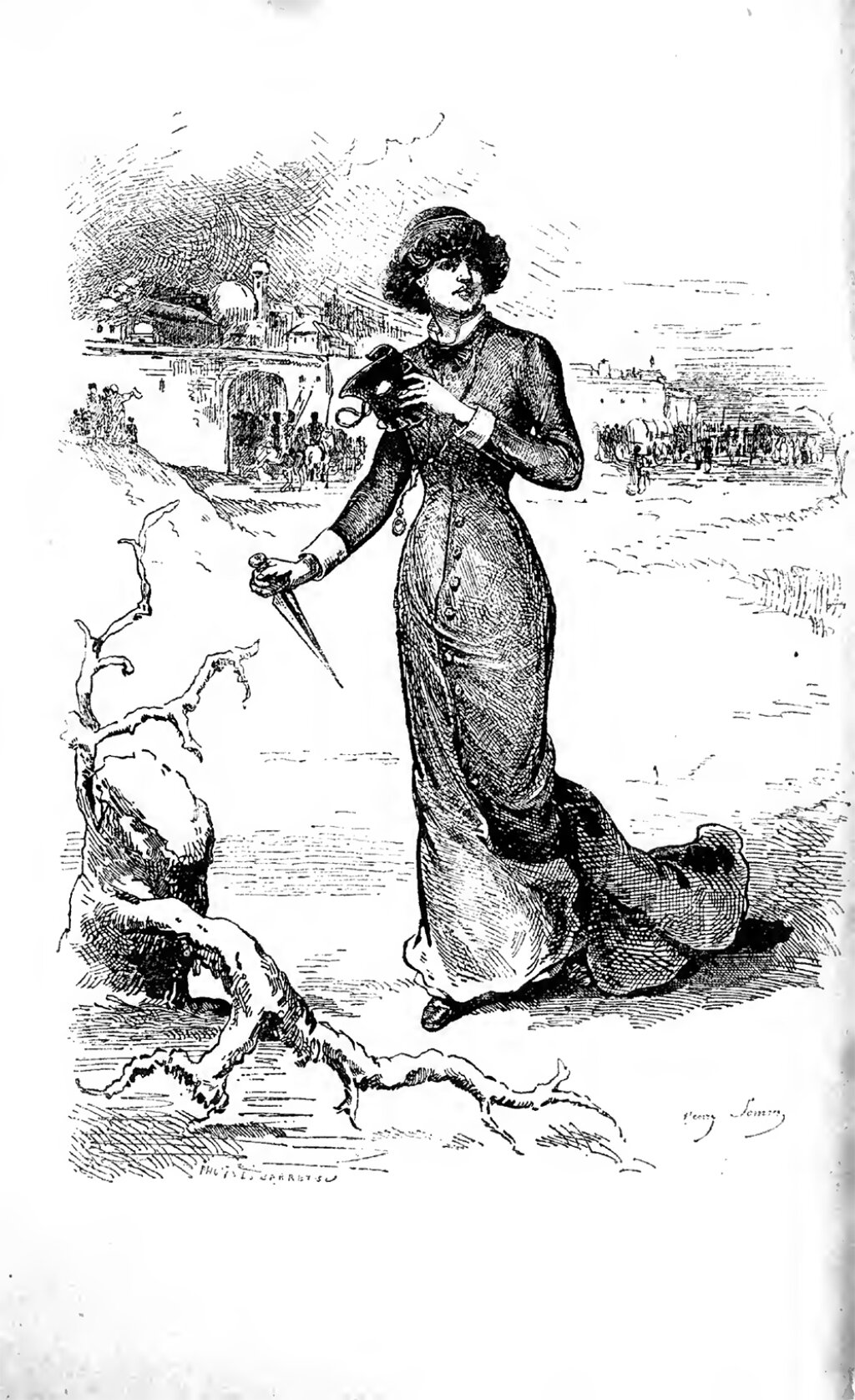On April 29, 2015, the Jordan Center for the Advanced Study of Russia welcomed the Assistant Secretary of State for Arms Control, Verification and Compliance Frank A. Rose, for an informal conversation about US-Russia relations, with particular attention to arms control, missile defense and space security. As Director of the Jordan Center Yanni Kotsonis pointed out, many have awaited impatiently for this event because issues of strategic stability are clearly very much back on the table in the strained relations between the two countries.
Rose began his talk by briefly describing the responsibilities of The Arms Control, Verification and Compliance Bureau. Rose explained that the Bureau is focused on enhancing strategic stability, which contributes to U.S. security and peace around the world. Next, Rose moved on to discussing the nature of US-Russia relations with regard to arms control. He stated that despite the current downturn in relations, avoiding misunderstandings and misperceptions “is in our mutual interest.”
The question of nuclear arms control is the most crucial, because together US and Russia hold roughly 90 percent of world’s nuclear weapons. It has been five years since the two nations signed the new START (Strategic Arms Reduction Treaty). Rose affirmed that both sides continue to implement the treaty’s conditions even as tensions and disagreements over Ukraine’s political hegemony persist. The treaty will be in full effect by 2018, and this is an area where cooperation continues unimpeded.
According to Rose, things are not “so rosy” when it comes to the INF (Intermediate-Range Nuclear Force Treaty), which was signed in 1987 by President Reagan and General Secretary Mikhail Gorbachev and signaled the waning of the Cold War. Last July, the US announced that Russia was in violation with INF. Russia is also less than enthusiastic about President Obama’s proposal for reducing 1/3 of Russia’s and American strategic nuclear weapons. “We are not going to drop this issue until our concerns are addressed,” Rose remarked, but “our goal, however, is not to demonize Russia.”
The relationship is also complicated when it comes to questions of missile defense. During the Ukrainian crisis, Russia wanted guarantees from the US that it would not interfere with its missile strategies. He also added that Russia’s anxiety about the American missile defense is misplaced and the United States has reiterated that it does not pose a risk to Russia’s strategic deterrent. The 2010 BMDR (Ballistic Missile Defense Review) reaffirms this fact in stating that U.S. missile defense is configured to guard against threats from North Korea and Iran.
Rose continued by stating that there is optimism about finding agreements on the security of the outer space environment; it is generally in everyone’s interest (China and Russia) to avoid conflict extending into space. That being said, “we have disagreements,” Rose added. For instance, there is a belief that the 2008 PPWT (draft Treaty on the Prevention of the Placement of Weapons in Outer Space and of the Threat or Use of Force against Outer Space Object) introduced by Russia and China is flawed.
The question and answer period focused on a variety of the issues Rose referenced in his remarks. He referenced how the bilateral arms control regime, despite a downturn in overall relations, remains an area where the United States and Russia continue to cooperate.



